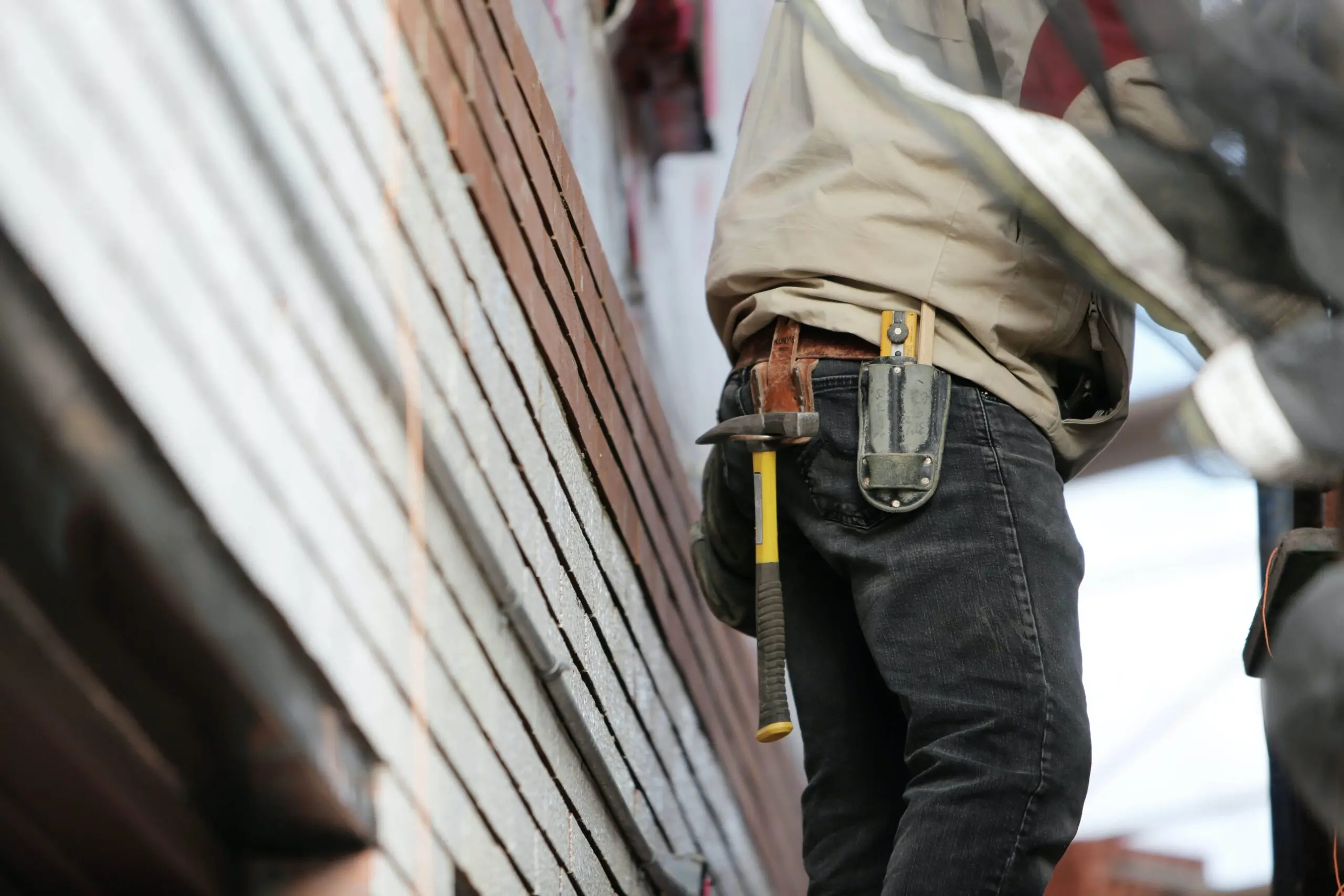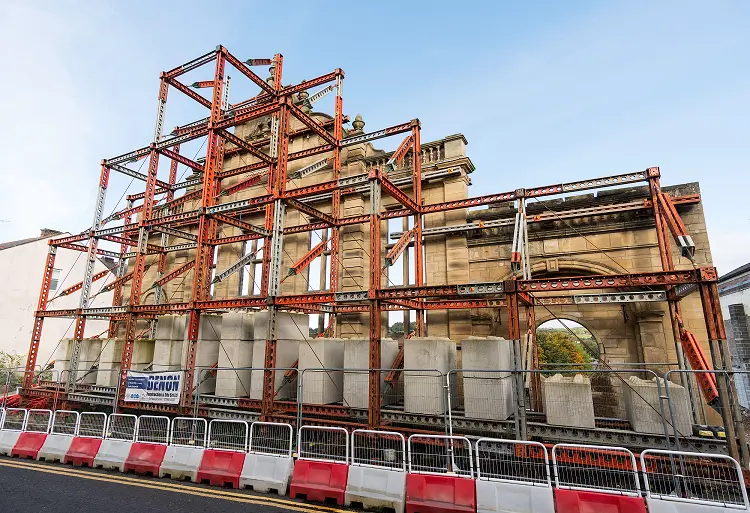
During a renovation, if your builder cuts corners and something goes wrong as a result, you would want their insurance to cover the costs. But there’s a decent chance that insurance might not pay out, leaving you with a serious problem.
Clearly it’s not good if your builder is cutting corners, ignoring the plans provided by your structural engineer, rushing things and taking risks. Sometimes the risk won’t pay off and something will go wrong – a wall might shift position, a crack might open up, a leak might occur, or something might collapse. All these things cost money to put right but at least the responsibility lies directly with your builders, assuming you can identify that they were negligent and they have valid insurance in place.
But really difficult problems can occur if damage is caused to your neighbour’s property. Why? Because you, as the person having renovations carried out, are strictly liable for any such damage, and your builder isn’t. Even if it’s your builder’s fault, you are still the one liable. And damage to neighbouring property is not as rare as you might think.
Dangers of depending on someone else’s insurance
Let’s imagine a scenario, and assume that the damage caused is serious. Maybe your builder removed an internal wall in your property which led to an unexpected realignment of your shared wall and the collapse of your neighbour’s ceiling. It might cost over £10,000 to put right and you probably don’t have that money lying around. This means you really need the builder’s insurance to pay out so you can cover the money you are liable for.
You might assume that as long as they’re insured for their own negligence that’s fine – the insurance will pay out. But that’s not a safe assumption.
For a start, your builder doesn’t share your motivation. Since they are not liable they are not under pressure to find the money. Your builder might not want to hold up their hands and admit a mistake was made. It might lead to higher insurance premiums for them in the future or other complications. So your builder may deny he was responsible. They might say that it was impossible to know that the wall would move as it did – it’s a pre-World War II property and its foundations aren’t deep. Would you really be able to prove negligence? Do you confidentially know that the structural engineer’s instructions were or weren’t followed?
Your builder’s insurers also have a different motive. They may be keen to look for a reason why they shouldn’t pay out. It could be a trivial matter – through carelessness and disorganisation, your builder might have forgotten to pay a parking fine and ended up with a county court judgement, which they never told the insurers about. And an omission like this means the insurance you thought was there to protect you too is actually invalid.
You might even face a situation in which the builder simply goes bankrupt and closes his business. Then there’s no way to get any money from him or his insurers.
Taking steps to protect yourself
Relying on someone else’s insurance is a minefield. The problem comes down to a dichotomy at the heart of the Party Wall Act. You, the owner, are the person who has strict liability, but the builder is the one actually doing the work. You have divergent interests.
If you are ultimately responsible for the property you need to take on that responsibility; taking a great interest in how the works are done and how they are insured.
Start with due diligence on the builder, the structural engineer and architect – but most of all the builder. Ensure that the builder has a good reputation, has the correct, valid insurance, and follows the plans laid out by the structural engineer and architect unless a variation is agreed by everyone.
What’s more, try to ensure that the builder does not deviate during the works. Homeowners themselves can often be at fault here, begging builders to squeeze in some extra work, or putting pressure on them to cut corners to reduce costs. Or if a problem turns up which requires extra work, a builder under time pressure will be very tempted to go ahead without involving a structural engineer and all the accompanying delays.
Two simple solutions
Firstly, you could navigate these crucial checks and uncertainties by hiring an experienced project manager – even if only for the tender and structural phases. A PM will ensure due diligence is undertaken and that every step of the project is carried out correctly. This will cost you more in the short term, but in the long term it could save you a fortune.
As the person undertaking the project, you will be paying for the insurance whether you take it out or someone else does. On that basis, it’s better to stay in control of the insurance and make sure that all concerned adhere to it than to leave things to chance.
A second solution is to buy a JCT contract which manages the relationship between a contractor and the employer (i.e.; the renovator/property owner). Within these contracts, there are clauses dealing with insurance. It requires that both the contractor and the employer are named policyholders on not just the contract works insurance, but also the buildings insurance.
In addition, make sure that there is a clear audit trail that helps you prove who could be responsible for any potential loss too.
Whatever you do, don’t just assume everything will turn out OK. A property renovation is a big investment, and one that needs to be adequately protected.
This blog is part of a series designed to raise awareness of key renovation insurance principles for property renovators. You can also:



















